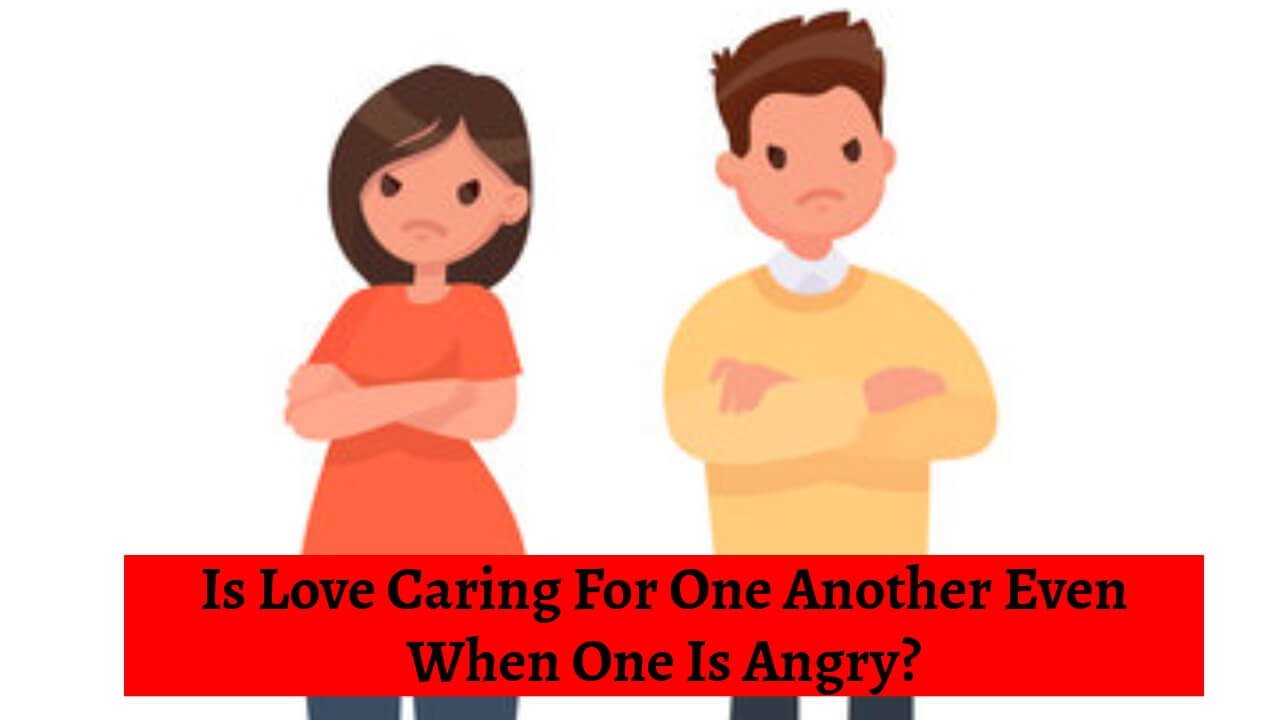

Anger is a healthy and familiar human feeling that often surfaces in interpersonal interactions, even when it is not directed at the target of the expression. Unfortunately, we frequently experience anger when interacting with the people we value the most, including our romantic partners. Love also includes caring for one another even when one is angry. Anger is a natural human behaviour that will arise in any relationship, such as romantic relationships, friendship, and family relationships.
It is important to remember that everyone experiences anger most of the time, but it doesn’t mean that love is absent. While you’re angry in a healthy relationship, love implicates empathy, care, understanding, and compassion; it also means disentangling the emotions of the underlying bond of respect and worry for the person you love the most. It also involves active listening to each other, giving each different point of view and understanding it, coming to a conclusion, and feeling respectful when angry. Healthily expressing your thoughts and opinions in a crucial love relationship is also very important.
Doing violence, name-calling, and yelling is not an excellent option to deal with the situation; the better way is to communicate and convey anger more healthily and doesn’t harm or disrespect the other person. In love, the rise of rage keeps fostering, nurturing, supporting, and creating the respective environment. While angry, it is essential to seek healthily, manage your anger, and convey it effectively while demonstrating care and concern for each other.
In today's article, we will learn the importance of happiness and how to maintain it…
Today, we will look at three common mistakes couples make in their relationships regarding intimacy…
In this article, we will learn about the simple ways that can help one overcome…
Check out the list of couples' biggest relationship mistakes in this article.
In this article, we will learn about anxiety and how one can handle it in…
In this article, you will understand the horrifying effects of child abuse.